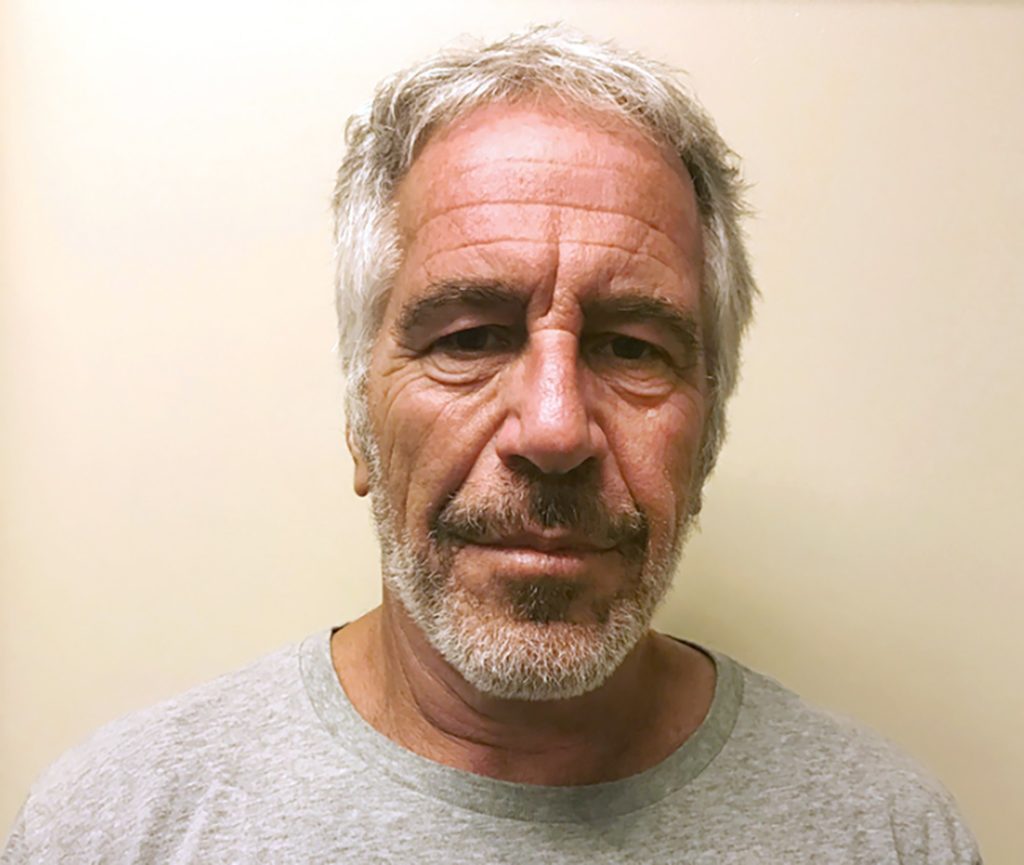
Reader Feedback. Two weeks ago, I asked readers for their toughts about why over 60% of the Iowans voting in the Iowa caucus primary still believed the election was a fraud and Biden is an illegitimate president. Several people responded and I thank them for taking the time and for what I learned from them.
One respondent helped clarify the issue. I should have made it clear the over 60% were Republican voters.
Another person clarified the population polled in the caucus. The number of voters in the caucuses were 3% of the eligible voting population in Iowa. The weather was very cold, therefore I assume the voters were very committed people.
Given the clarifications the responses were in agreement that this population did not address facts and evidence. I believe a fair summary of the responses would be to say the voters were disillusioned and made decisions that made them comfortable.
The reasons given for the disillusionment varied along the political spectrum. The reasons varied from the Democrats fighting against checks and balances to Republicans constantly claiing the election was fraudulent.
My personal view is that I agree many people do not look for facts or evidence in thinking about their political beliefs. I believe a strong underlying part of the human condition is the primary factor in that process. I have discussed it in earlier blogs.
Humans have a tendency toward what psychologists call confirmation bias. We commit to a position and then primarily look for evidence to support our position. We tend to ignore or dismiss evidence that is counter to our position.
I believe the longer we are committed to a position and the deeper our commitment the more likely we are to look for supporting evidence and ignore or dismiss counter-evidence. If we were to find counter evidence we would have to admit we are wrong and to change our view. Changing a long and deeply established view takes courage, humility and a lot of work.
In the Iowa situation, my belief is the deeply committed were present. They looked to commentators and politicians for support for their beliefs and would probably ignore counter evidence. Many would not even seek counter evidence because to admit they were wrong would be embarrassing and for some extremely life-changing.

Jeffery Epstein. I stress the confirmation bias tendency is a human tendency and not just a tendency for one culture or political party. Every human has the tendency. If I want to have an examined life and seek truth in my own beliefs, I have to be aware of the tendency in myself and work to minimize its effects.
I got a good test of my own tendency last week. In a conversation about Jeffery Epstein,
I was told I should believe Jeffrey Epstein was murdered. If I did not believe he was murdered, I was naïve.
At the time I believed he committed suicide. I had no evidence to support my assumption. I was going on what the news reported. Therefore, in a test of my own tendency for confirmation bias, I set out in search of evidence. I was committed but not overly-committed to the idea he committed suicide.
The first evidence was a surveillance tape of the front of his cell. If the tape showed another person entered the cell, I was prepared to accept the possibility of murder. From the time he entered the cell until he was found dead, no one passed in front of the camera. To me that was evidence supporting suicide.
I was left with three hypotheses. One – he committed suicide; two, there is another way into the cell; three the tape was altered.
I looked but found no evidence for another way into the cell. I assume the tapes were carefully scrutinized by the FBI and DOJ which at this time were under Republican control. Since theories about the relationship of Bill Clinton and Jeffrey Epstein were common, I tend to believe the people in power would have loved to discover an altered tape. They did not.
As further evidence against alteration, the tapes were evidence that the officers did not check his cell. Since that meant they falsified documentation. They were convicted of criminal charges.
The other circumstantial evidence I found was that Epstein attempted suicide a few days before. He gave every indication he was in a suicidal mode.
I also found a 60 Minutes report that raised several issues: the camera angle, the types of fractures, the possibilty a former cell mate tried to kill him at an earlier time. It raises some doubt as to suicide. The theory someone killed him is not as wild a conspiracy theory as I first assumed.
All of the counter evidence is circumstantial. If someone shows me how a murderer got in his cell without being on the tape and killed him, I will change my thinking. Until that happens the tape evidence supports suicide and I will go with that conclusion.
Having said that — I am not as certain of the conclusion as I was before I sought evidence. My experience was a good reminder of the power of my personal tendency toward confimation bias.
This and That
I was unaware of Toby Keith’s politics until he died. In reading his obit I discovered he believed he was a centrist and very disturbed by the extremes in our country. He said “The Righties think I’m a hippie and the Lefties think I’m a Nazi.” Many of the responses to his death reflect our extremes as both sides attacked him for his views.
Good news
Small kind acts anyone can do
Aldi Worker’s Generosity Brings Tears Of Gratitude To Struggling Shopper (sunnyskyz.com)
Customer Sends Letter And Cash To Restaurant After Realizing His Mistake (sunnyskyz.com)
Sanitation Crew Dumps Entire Truck On Ground To Find Woman’s Diamond Ring (sunnyskyz.com)
Peace
Jerry
0 Comments